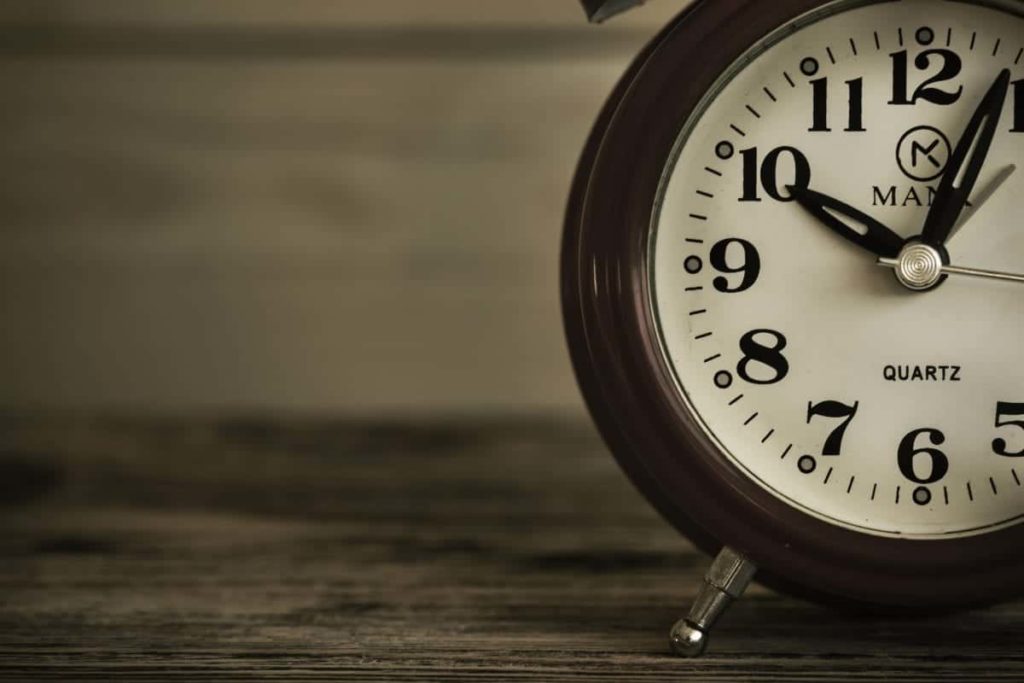Alcoholism is an insidious, cunning disease that presents a problematic duality. Alcohol is legal, and it is part of everyday life. People drink to unwind, it is the lubrication of social events, and glasses are raised to celebrate and to toast success. But when drinking becomes a physical and emotional necessity – when it becomes a compulsion rather than a choice – the drinker starts down a dangerous and slippery slope that can lead to dependence, the development of the disease of alcoholism, and a ruined, unmanageable life. Alcohol is the most abused substance on Earth, and it can wreak havoc on anyone’s life – even famous, powerful people who seem to be living lives. Here are four such world-renowned individuals who waged a battle with the bottle.
Buzz Aldrin
“I moved from drinking to depression to heavier drinking to deeper depression. I recognized the pattern, but I continually sabotaged my own efforts to do anything about it.” ~ Buzz Aldrin, Magnificent Desolation: The Long Journey Home from the Moon Edwin “Buzz” Aldrin is best known for being an Apollo 11 astronaut who was the second man to set foot on the moon. He retired from NASA in 1971 and continues to be a high-profile advocate for further space exploration. After leaving the Air Force and NASA, he felt that his life lacked the structure and discipline that had defined his adulthood, and his life began to spiral out of control. Aldrin had previously been diagnosed with clinical depression, and he candidly shared his struggles with the public. He was not so forthright about his heavy drinking, constantly denying that there was a problem. There were times when Aldrin was a virtual hermit, binge-drinking alone for days in an empty apartment, and leaving only when his food and liquor ran out. When his girlfriend threatened to break off the relationship, he finally agreed to get help. On August 7, 1975, he began a 28-day stay in Beverley Manor, a premier alcohol rehabilitation center. He was able to stop drinking for good in 1978, and he has been sober ever since. https://www.northpointrecovery.com/images/blog/wp-content/uploads/2017/12/Demi_Lovato_on_staying_sober-600×399.jpg
Sir Winston Churchill
“It makes his speech more difficult to understand and fuddles what is left of his wits, and yet he does not attempt to control his thirst.” ~ Charles Wilson, 1st Baron Moran, Churchill’s personal physician He served two terms as the Prime Minister of the United Kingdom, won the Nobel Prize for Literature, and is regarded as one of the great political heroes of World War II, but Churchill is also just as remembered as a man who had a prodigious and ever-present appetite for alcohol. Churchill started his morning with a whiskey and soda and kept up his consumption throughout the rest of the day with champagne, brandy, sherry, and of course, more whiskey. Today, Churchill would be referred to as a “high-functioning alcoholic”, because, despite all of the successes, he was not able to stop drinking. In 1936, a friend bet him 2000 GBP – almost $225,000 in today’s money – that he could not give up alcohol for one year. Churchill refused.
Betty Ford
“My makeup was smeared, I wasn’t disheveled, I behaved politely, and I never finished off a bottle, so how could I be alcoholic? ~ Betty Ford, The Times of My Life There are some people who say that Betty Ford’s positive impact upon the world will one day be viewed as even greater than that of her husband, President Gerald Ford. She was one of the most politically active and influential First Ladies in history and was an activist for both the Equal Rights Amendment and the Women’s Movement. In recognition, she was named a “Woman of the Year” by Time magazine, received the Congressional Gold Medal, and was awarded the Presidential Medal of Freedom. In private, she battled her own demons. Just a year after her husband left office, her family staged an intervention because of her alcoholism and addiction to opiates and diazepam. She underwent a monitored drug and alcohol detoxification at home, and then entered a rehab facility. The experience so profoundly changed her that she later founded the center that bears her name. https://www.northpointrecovery.com/images/blog/wp-content/uploads/2015/10/top-signs-of-alcoholism-1024×683.jpg
Joseph McCarthy
“There was some feeling that if they had put him in a straitjacket and got into bed and treated him earlier, he might have lived. But there was no reason why anyone should have felt guilty, really. If it hadn’t been this time, it would have been the next, because he couldn’t give up the liquor; he couldn’t stop” ~ Vincent Van Gogh, Vessels of Rage, Engines of Power He is remembered as a demagogue who whipped the United States into an anti-communist frenzy, but there was a time when Senator Joseph McCarthy was one of the most influential and feared politicians in the country. For all of his successes – attorney, Wisconsin Circuit Judge, decorated Marine Corps captain during World War II, and eventually, US Senator, McCarthy was overly-insecure about his position, forever recalling his modest upbringing on a Wisconsin farm. He was always a heavy drinker and showed the classic “alcoholic ego” He cut corners, exaggerated claims, ran smear campaigns, and misrepresented himself in order to further his political agenda. Eventually, his inappropriate methods caught up with him, and he was censured by the U.S. Senate. Ruined, he began to drink even more, and eyewitnesses reported that he was often extremely drunk while at the Senate. He suffered from cirrhosis of the liver and was hospitalized several times for his drinking. Less than three years after censure, McCarthy died of alcoholism. He was only 48 years old. Alcoholism is a disease that doesn’t care who you are or where you’re from. It doesn’t care about how successful you are or how well-known you have become. It is a progressive disease that – unless treated and arrested – will invariably only get worse.

